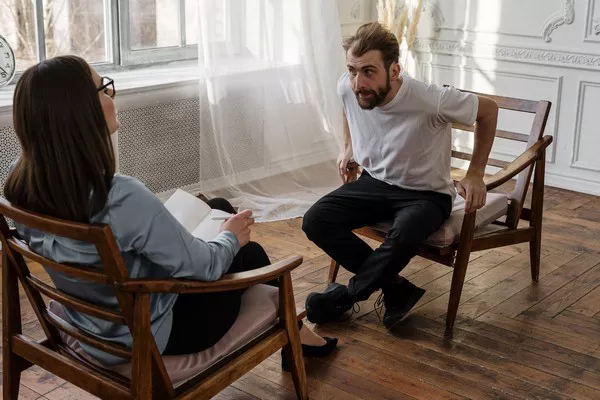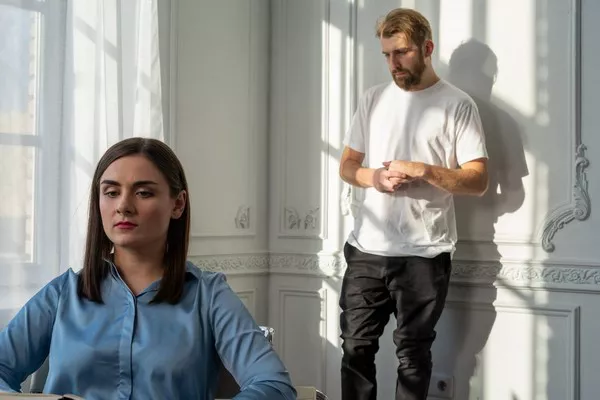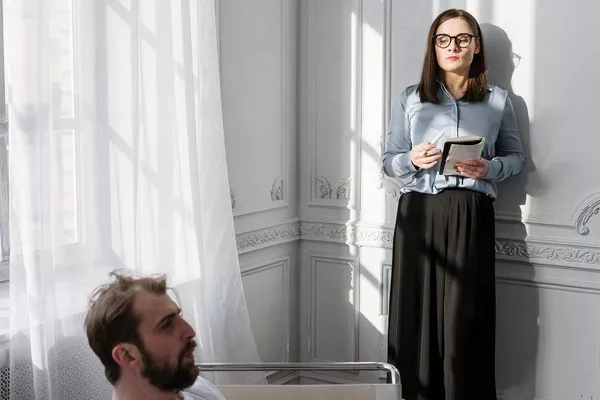A counseling session typically consists of three main stages: the beginning, middle, and end.
During the beginning stage, the counselor and client establish rapport and build a working relationship. The counselor may ask the client about their reasons for seeking counseling, gather information about their background and current situation, and establish goals for the counseling process.
In the middle stage, the counselor and client work together to explore the client’s issues and develop strategies for coping with and resolving them. This may involve discussing past experiences, examining thought and behavior patterns, and practicing new skills or behaviors.
In the end stage, the counselor and client reflect on the progress made during the counseling process and prepare for the transition out of counseling. The counselor may review the goals set at the beginning of counseling and evaluate progress toward those goals. The client and counselor may also discuss strategies for maintaining progress after the counseling sessions have ended.
While these stages provide a general framework for counseling sessions, the exact structure and content of each session will vary depending on the individual needs and goals of each client. A skilled and licensed counselor can tailor their approach to meet the unique needs of each client and facilitate a successful counseling experience.



























